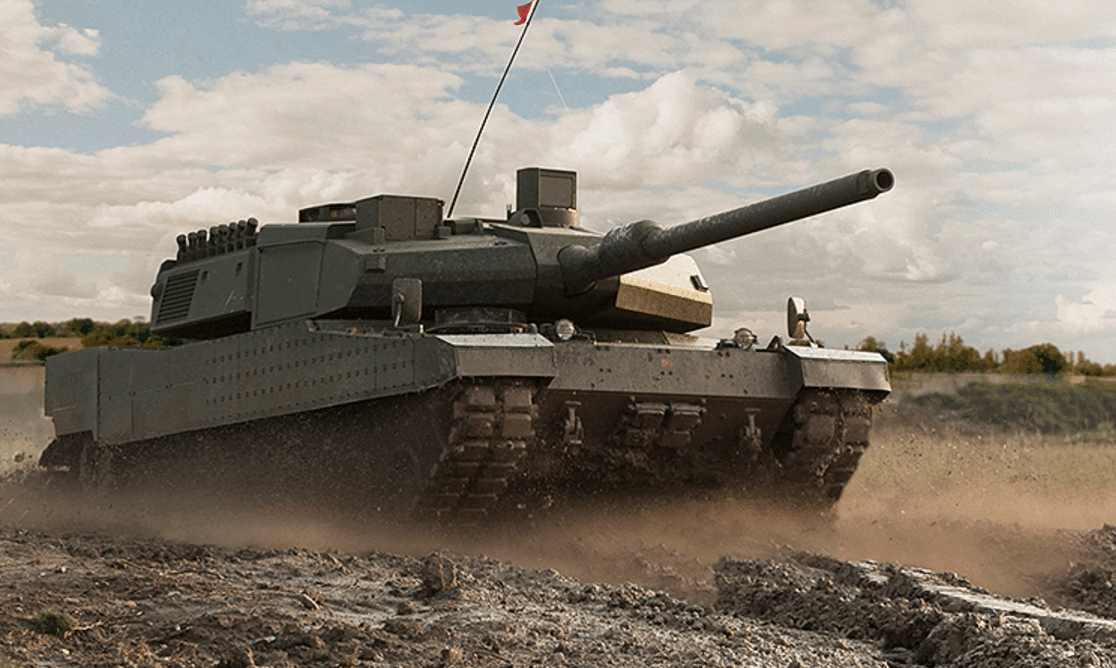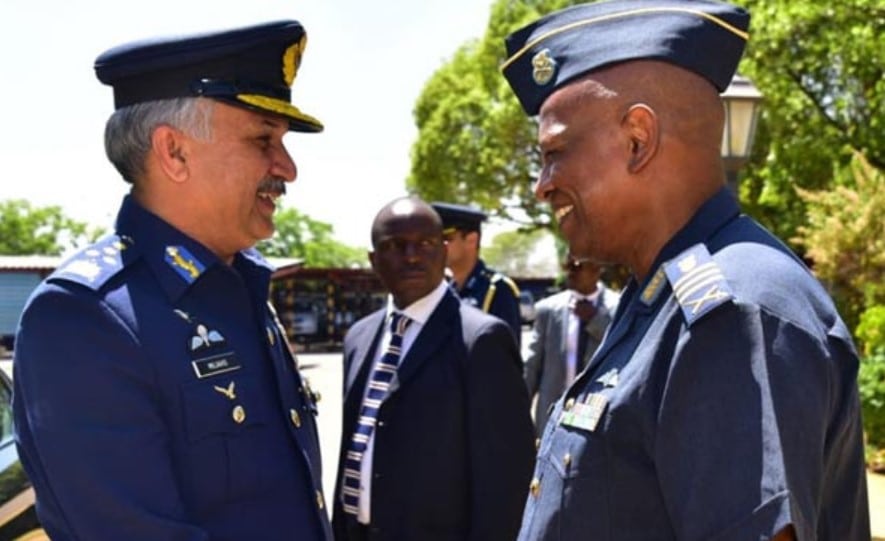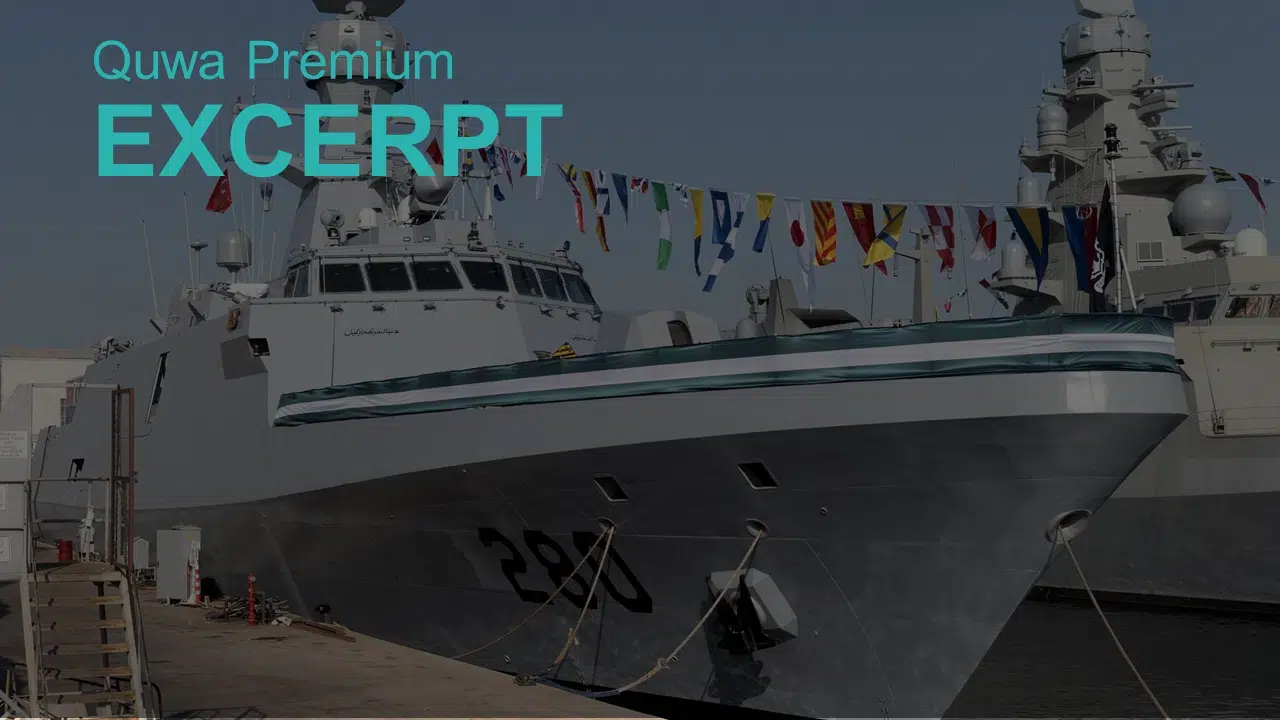2629Views 11Comments

Otokar Altay MBT ready for production
As per Otokar, the Altay main battle tank (MBT) met its qualification tests in February 2017 and is ready for serial production for the Turkish Army.
As per Serdar Görgüç, Otokar’s general manager (via Defense News), the Altay was put through endurance tests under strenuous conditions, including rough terrain, adverse climate or weather. The Altay MBT’s armour defensibility and survivability were also tested.
The Turkish Army is currently committed to procuring 250 Altay MBTs, which it aims to begin inducting in 2020. The Turkish Undersecretariat for Defence Industries (SSM) has yet to award the manufacturing contract. FNSS Savunma Sistemleri A.Ş. and BMC have been slotted as potential competitors.
Otokar is eager to secure the production contract. In fact, the company claims that it has the production capacity to both meet domestic demand and possible export orders.
In February 2017, Otokar secured a U.S. $661 million contract to supply an unspecified number of Arma 8×8 armoured fighting vehicles to the United Arab Emirates (UAE). These AFVs, designated Rabdan, will be co-produced by Al-Jasoor and Otokar in the UAE.
The head of SSM, İsmail Demir reportedly told the Turkish parliament in January 2016 that Saudi Arabia, several Arab Gulf states and Pakistan were interested in the Altay.
The SSM is also seeking a secure – and ideally domestic – supply channel for the Altay MBT’s powerplant. Currently, the Altay is powered by a 1,500 hp diesel engine supplied by the German engine manufacturer MTU Friedrichshafen GmbH, but the SSM has been working towards a locally-built alternative.
The SSM terminated its contract with Tümosan, which was originally responsible for the domestic engine, and is now in talks with Ukraine for an alternative solution.
The Altay was initiated in March 2007 under a $500 million contract between the SSM and Otokar.
Notes & Comments:
A reliable source for propulsion will be vital to the Altay’s long-term viability and export potential. In fact, the Altay is among a handful of heavyweight NATO-grade MBTs on the market, and for some countries, such as Saudi Arabia and Pakistan, Turkey may be the most accessible source of Western technology.
It is not known if Pakistan is interested in the Altay, but Roketsan and Aselsan did offer support to Pakistan in armour and electronics technology, respectively. If not the Altay, then its subsystems could potentially make their way to the al-Khalid-series. Considering that the UAE is already an Otokar customer, the SSM and Otokar might aim to deepen their footprint in that country via the Altay.
Turkey’s engagement with Ukraine indicates a growth in collaboration between smaller and/or emerging defence exporters. If brought to fruition, these ties could reduce Turkey and Ukraine’s dependence on incumbent suppliers, especially in Western Europe. Second, Ukraine has seemingly become a major factor – at least in terms of propulsion – for at least two major defence powers, Turkey and Pakistan. Given Kiev’s struggles with supplying Oplot-M MBTs to Thailand in a timely manner, these past few months could fix the Ukrainian industry for a significant turnaround.



11 Comments
by Ezaz
May be Ukrainian engine is finalized for Atlay MBT.
by DB100-SM2
Turkish options are never limited as hundreds of thousands of Turkish Engineers are working for European and US Defence Giants throughout the world. Turkish Universities are also heavily integrated with their European counterparts. Turkey is now gaining experience in commercialising academic studies by transforming them into products. The most noteworthy being the Aselsan and Bilkent University Joint-venture: AB MikroNano which produces GaN based chips for AESA radars.
by Salman Khan
Very. Erdogan seriously thinks the Russian equipment will serve him well or even better, and doesn’t even have the enough intelligence to see that the majority of Turk produced systems have Western equipment. And he’s not even smart enough to hold his tongue off Russia as well when given the situation in Syria.
by Shakeel
Your points are credible & valid.
I am a big fan of Prof Adnan Akay of Bilkent University (formerly head of Mechanical Engineering at Carnegie Mellon). We must not forget the great work done by Prof Mahmut Faruk Aksit (Sabanci University & TEI). Other insititutions such as Koc University, METU & ITU are also doing a fantastic job in Turkey in transforming Turkey. Other such as Prof Cengiz Camci currently serving as Prof at Pennsylvania State University.
All the above examples illustrate notable pioneers from Turkey.. Whilst not negating the fact that these individuals are a great asset to Turkey. Despite these notable individuals Turkey has not YET reached the levels of maturity in engine production to go it alone. See below article for some of the assistance provided by the West.
http://quwa.org/2017/02/12/turkey-commissions-development-indigenous-turboshaft-engine/
The problem is that Turkey continues to rely on the West for TACIT knowledge in engine making. This type of knowlege is not readily available in the open market. The formulas required to produce engine are kept a secret. Even Brasil which has developed the Embraer KC-390, and abundance of human resource potential continues to depend on the West for it’s power plant (International Aero-Engines).
More often than not ToT is based on threat perception. In the present climate the perceived perception of Turkey in the West is that it is shifting away from it’s democratic credentials & moving towards a SULTANATE. Although, I personally do NOT believe this is the case, but at present the West seems jittery about extending full technological co-operation.
Finally, if you are still awake, sorry to bore you to death.
by omer
if we have to buy them we should buy them with ukrainian engines
by DB100-SM2
An indigenous Turkish engine would be ready within 5 years. For every off-the-shelf purchase Turkey makes it creates a program for indigenous development of that platform. This is what the Undersecretariat for Defence Industries (SSM) has publicly announced. Even though Turkey is procuring the S-400 the SSM has stated that the indigenous development of the same will not be shelved.
by DB100-SM2
TUSAS Engine Industries already has developed an indigenous turbo-fan engine technology: E.g. TEI TJ-90. See https://www.youtube.com/watch?v=5YLe2MYuuP4
Although its for Cruise missiles and target drones it is a step in the right direction.
Turkey has also developed its own Turbo-Shaft engine for a 5.5 Ton helicopter: TEI TS1400 See https://www.youtube.com/watch?v=pSSLacNiK7s
Turkey also manufacturers engines for the TAI ANKA MALE UAV: TEI PD170
https://www.youtube.com/watch?v=_CasCgHNcmM
by Ezaz
Yes turkey has capability to produce world class tank engines .
I believe Turkish engineers that they will make it happen
AHHA Engineers = Engines
by Shakeel
Yes, it is a step in the right direction, but falls somewhat short of fully fledged aero-engine.See below.
http://quwa.org/2017/01/29/turkey-uk-agree-next-gen-fighter-development-deal/
by Ezaz
Yeah
by DB100-SM2
Engine issue also now resolved. Turkey and Ukraine have signed a MoU for co-development of a new engine with higher torque. http://www.defensenews.com/articles/turkey-indicates-ukrainian-preference-for-altay-tank-engine-tech